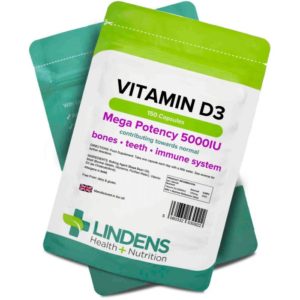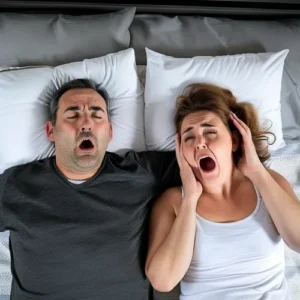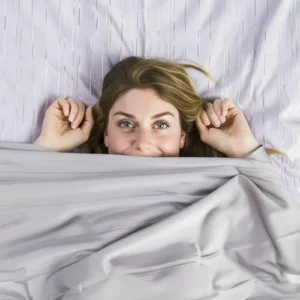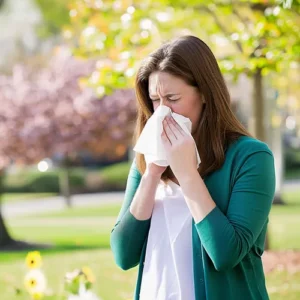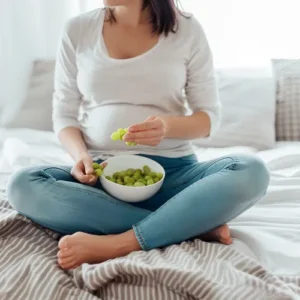With the coronavirus pandemic continuing its trail of destruction around the world, and currently no vaccine in sight, it’s only natural that many people are searching for different ways to build up their defence against this virus.
Originally, Vitamin D and its ability to boost the immune system were ignored; however, Health Secretary Matt Hancock has reviewed the recent research on Vitamin D and has now changed his opinion. According to Mr Hancock, the Government now realises there’s growing evidence that Vitamin D could in fact help fight COVID-19, so they’re now increasing their public health messaging concerning Vitamin D.
So let’s take a closer look at Vitamin D to determine whether it really is effective against COVID-19, and how we can naturally increase our intake of this important vitamin.
Can Vitamin D Help In the Fight Against COVID 19?
The answer to this question is yes! Studies have concluded that Vitamin D can help your body fight against COVID-19. In fact, two very recent research studies were carried out on the impact of Vitamin D on coronavirus, and the results have been quite amazing.
- A study was recently published by US Vitamin D expert, Dr Michael Holick, which discovered that adequate levels of vitamin D can reduce our risk of catching COVID-19 by a whopping 54%.
- A study conducted by Boston University’s School of Medicine also discovered that there’s a link between high levels of vitamins D and higher blood levels of immune cells and dramatically decreased levels of inflammatory markers – which help protect against coronavirus.
What this means is that we are less likely to catch COV-19, and less likely to die from the virus, if we have high levels of vitamins D.
Prof Smith, representing the Centre for Regenerative Medicine and Devices, stated previously that many people in lockdown are not getting sufficient Vitamin D, either from their diet or from the sun, so it’s important that we use vitamin D supplements to ensure we protect ourselves. He added that while Vitamin D is important for maintaining healthy muscles and bones, it’s also necessary for maintaining a healthy immune system.
Which Foods Contain Vitamin D?
While most people resort to purchasing their Vitamin D tablets over-the-counter, it’s always wise to try and add Vitamin D-rich foods into your daily diet. According to the NHS, the following foods are rich in Vitamin D –
- Red meat
- Oily fish, like sardines, salmon, mackerel, and herring
- Egg yolks
- Liver
- Fortified foods
And for our vegan friends, the following are great sources of vitamin D –
- Almond milk
- Portobello mushrooms,
- Soy milk,
- Margarine
Please note that British cow’s milk is not a good source of Vitamin D.
If you are worried that you may be deficient in Vitamin D, you can check at home using a Vitamin D Deficiency Test Kit. Once you know the results, you can then take the necessary steps to avoid Vitamin D deficiency. Vitamin D is particularly important during pregnancy.
Vitamin D Recommendations
In order to keep muscles and bones healthy, it’s recommended that we should aim for 10 micrograms of vitamin D each day. This is equivalent to consuming one salmon fillet. When we look at supplements, Lindens Vitamin D3 carries a high 25 micrograms dosage in each capsule.
Sunlight on your skin is also an excellent source of vitamin D. According to the NHS website, most of us can produce enough vitamin D by exposing our hands, lower legs and forearms to the sun, without sunscreen, for short periods of daily exposure between the hours of 11am and 3pm. However, with winter on its way, this may not be possible and you may need to use alternative methods for getting the Vitamin D you need.
Also according to the NHS website, people with African-Caribbean, South Asian, or African backgrounds who tend to have darker skin, may also have lower levels of vitamin D. It’s recommended that these people take a daily 10-microgram vitamin supplement throughout the year.
Since the beginning of the pandemic, labour MP Rupa Huq has been a strong advocate for Vitamin D. On Thursday in the House of Commons, Ms Huq stated that all Vitamin D-deficient groups should, as a matter of urgency, be given free Vitamin D supplements. These people, including black and ethnic minorities, the obese, the elderly, and those with diabetes and other comorbidities, are very susceptible to COVID-19.
To date, there has been no comment from the government as to whether Ms Huq’s request for complimentary Vitamin D tablets for those with Vitamin D deficiencies will be granted.
Photo by Pille-Riin Priske on Unsplash
This post has was first published in October 2020.


